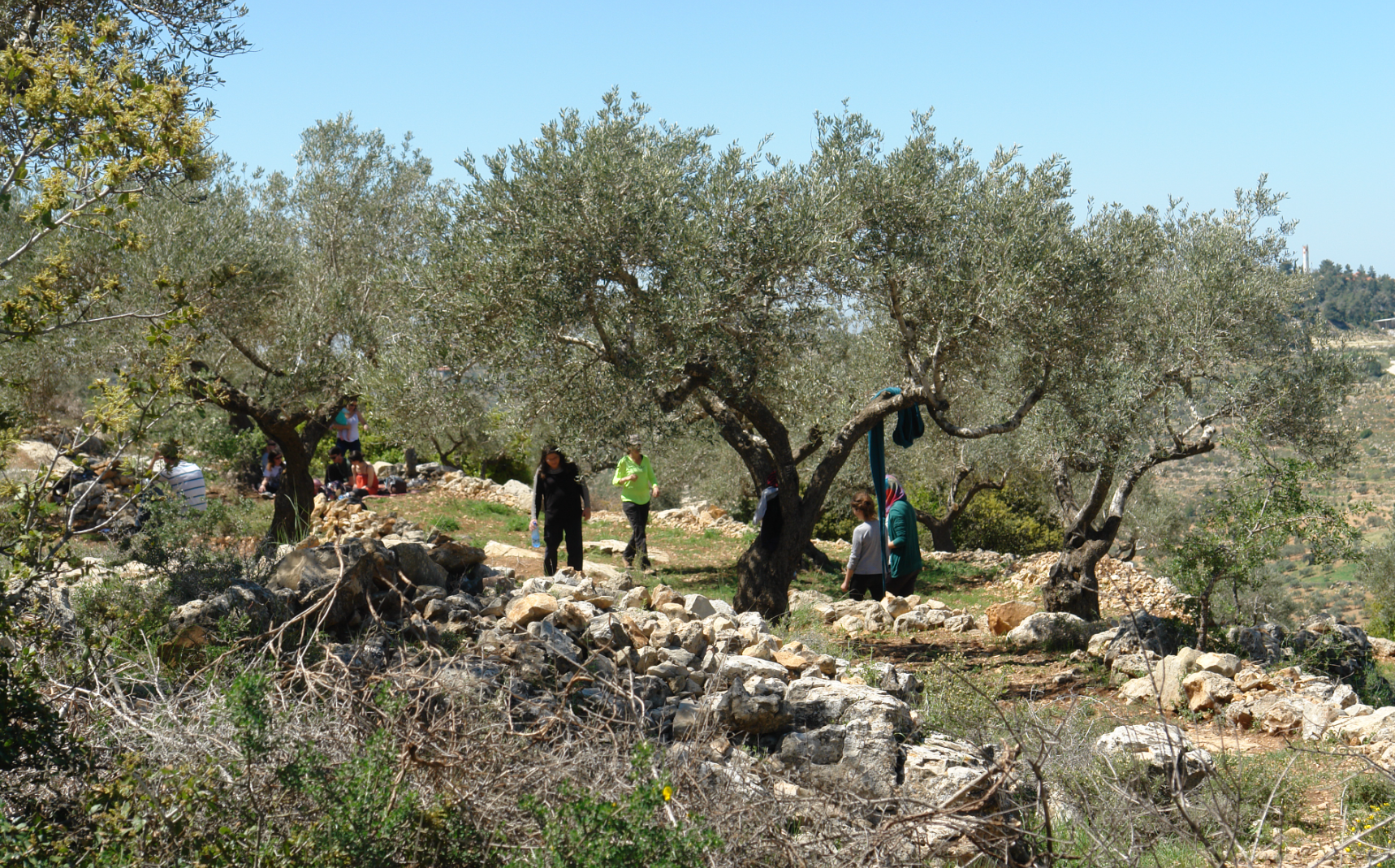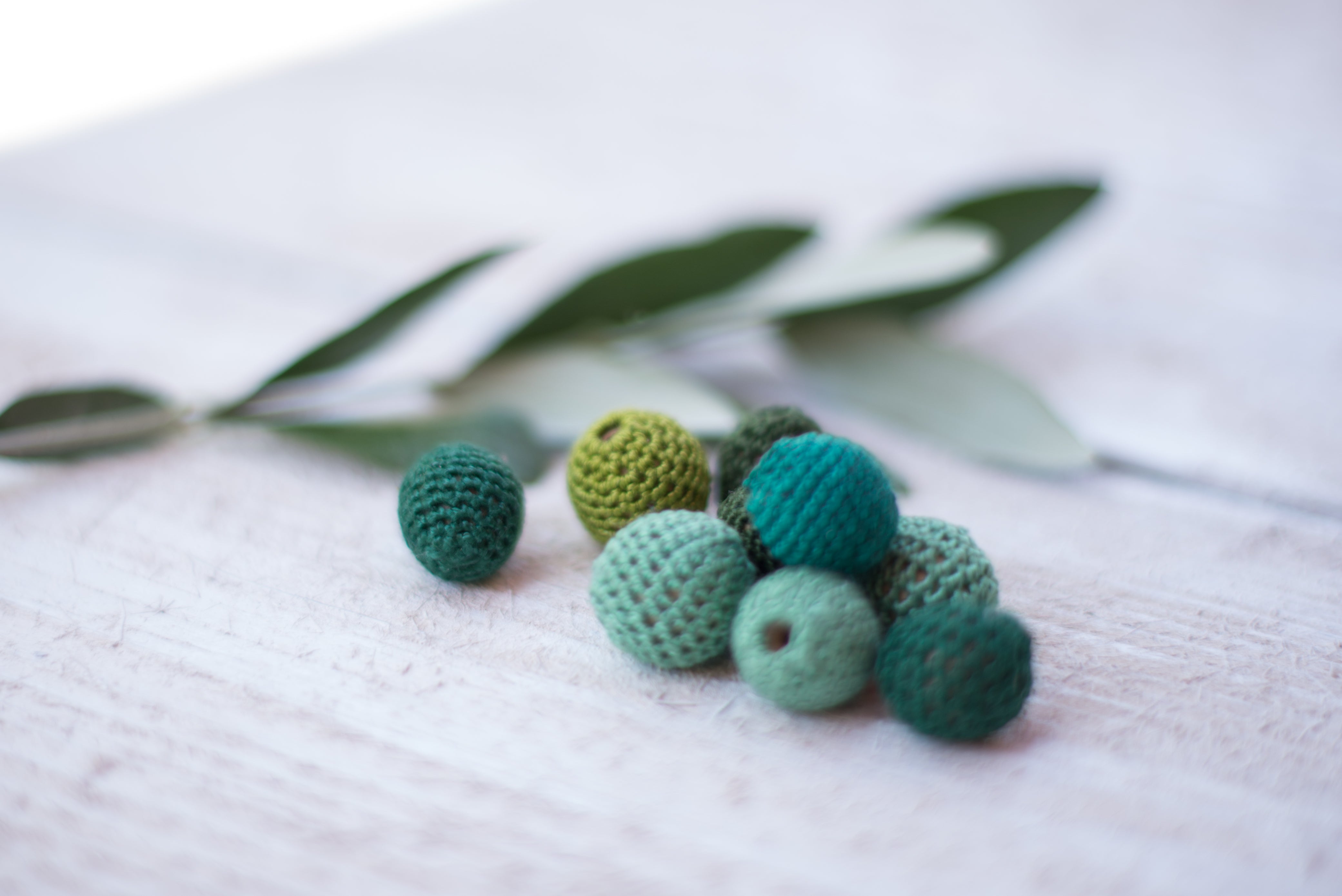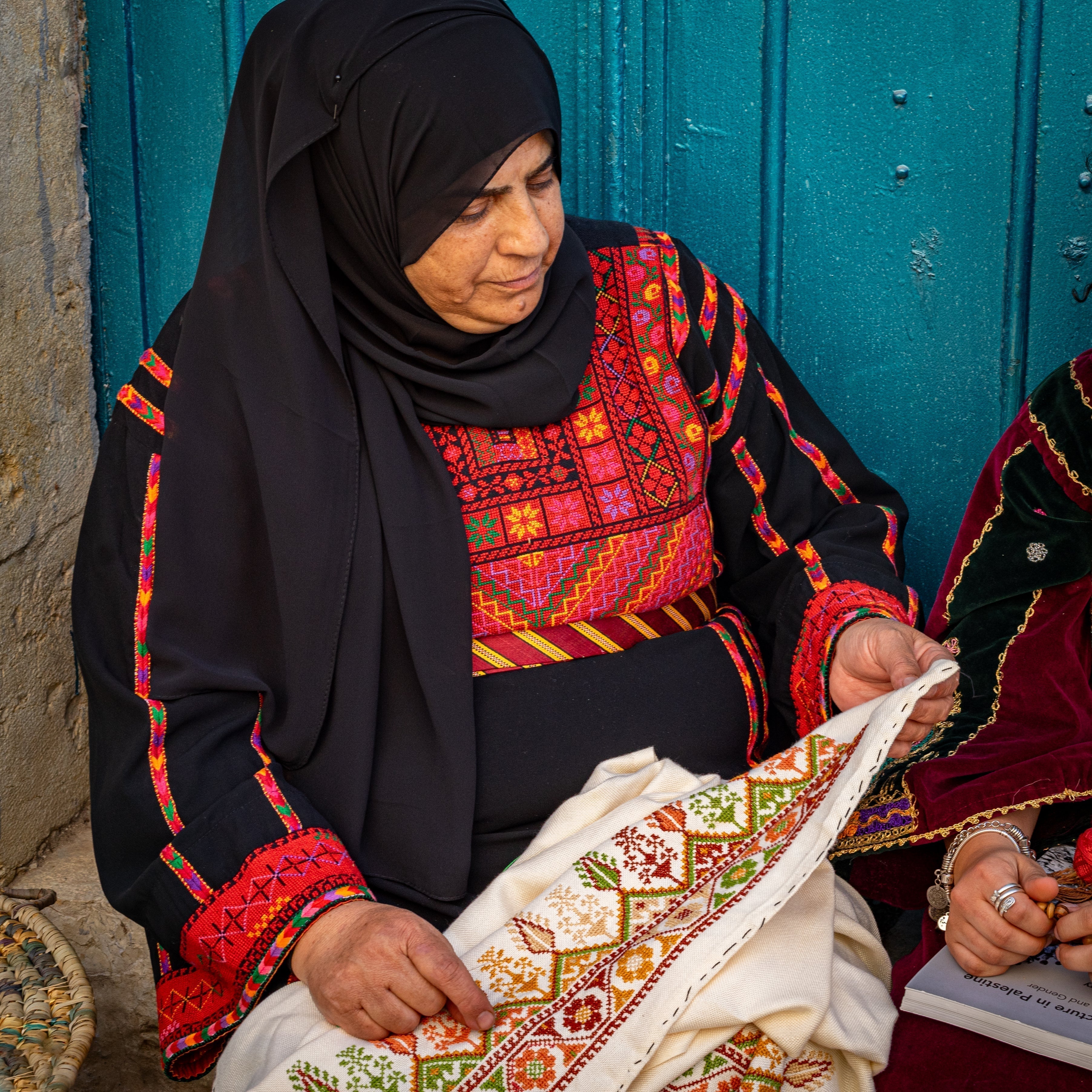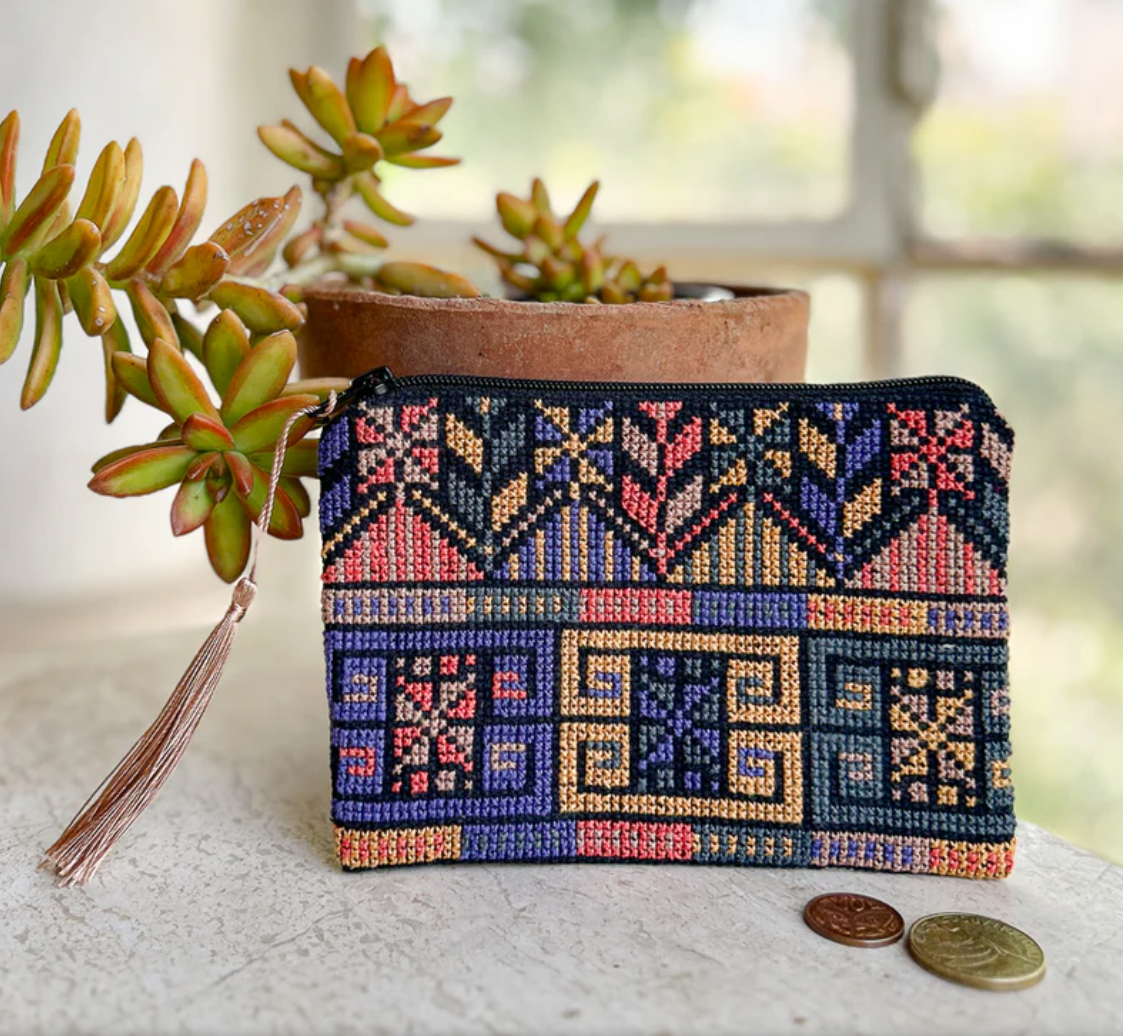
World Conservation Day: Ecocide Under Occupation, and What You Can Do
Featuring the Mashjar Juthour Collection
In most places, World Conservation Day is a time to talk about green spaces, biodiversity, and protecting ecosystems. But in Palestine, conservation isn't just about nature—it’s about survival.
It’s about defending land under siege. It’s about restoring olive groves that bulldozers tore through. It’s about children breathing toxic air because there’s no clean alternative. And right now, it’s about bearing witness to the destruction of Gaza’s entire ecosystem and to that of the wider Palestine through illegal settler actions.
Ecocide in Gaza—And Beyond
Gaza has become a symbol of total environmental collapse:
- The air is heavy with smoke, dust, and the toxic residue of bombardment
- Clean water is nearly impossible to access—wells have been destroyed, and the water system is non-existent
- Sewage floods the rubbled streets, with treatment facilities bombed or inoperable, contaminating neighborhoods and coastlines.
- Once-fertile farmland has been scorched, bulldozed, or poisoned—fields that once sustained families now lie in ruins, buried under rubble and dust.
But Gaza is not alone. In the West Bank, environmental destruction unfolds in quieter, insidious ways: of land, life, and heritage.
- Olive trees are uprooted by settlers and soldiers.
- Springs and wells are seized or cut off from Palestinian access.
- Sewage from settlements flows downhill, contaminating Palestinian farmland.
- Nature reserves are bulldozed, renamed, and turned into military zones.
This is not natural degradation. It’s systematic, intentional destruction of the land and its people. It is ecocide under occupation.
Mashjar Juthour: Resistance Through Regeneration
That’s why we founded and through your help, support and protect Mashjar Juthour, a Palestinian-led arboretum and ecological reserve near Bethlehem. While destruction spreads, this space becomes a sanctuary—a place to reconnect with the land, plant native trees, teach children, and protect biodiversity.
It’s a living example of what stewardship looks like under occupation.
And it's one way we fight back—with our hands in the soil, not just our voices in the streets.

✊🏽 How You Can Support This Work
We’ve curated a Mashjar Juthour Collection with handmade, ethically sourced goods that directly support the arboretum’s mission.
Shop the Mashjar Juthour Collection.
Each purchase helps:
- Reforest Palestine with native trees
- Fund environmental education for youth
- Preserve cultural and ecological knowledge
What You Can Do This World Conservation Day
- Bear witness to the ecocide in Gaza. Say it clearly. Share it widely. War crimes don’t only destroy homes—they destroy entire ecosystems.
- Support local conservation. Help Mashjar Juthour protect what’s left—and rebuild what’s been damaged.
- Buy with intention. Every handmade product in our shop supports artisans and land-based projects in Palestine.
- Speak out. Environmental justice is Palestinian justice.
Rooted in Resistance
At Handmade Palestine, we don’t separate ecology from struggle. We know that the olive tree is a symbol of peace—but also a target of occupation. We know that planting a seed is an act of hope, and holding on to the land is an act of resistance.
On World Conservation Day, let us remember that nature is not neutral. In Palestine, it is the front line—and the place where healing must begin.
Explore the Mashjar Juthour Collection Now







Leave a comment
This site is protected by hCaptcha and the hCaptcha Privacy Policy and Terms of Service apply.